By Mauricio Sulaimán / son of José Sulaimán / WBC President
WORLD BOXING COUNCIL Mauricio Sulaimán, President Rio Bamba No. 835, Col. Linda Vista México City, D.F., México, 07300 Phones +52 (55) 57150309 | +52 (55) 51195276 www.wbcboxing.com R.I.P. – WBC President Dr. José Sulaimán – 1931-2014 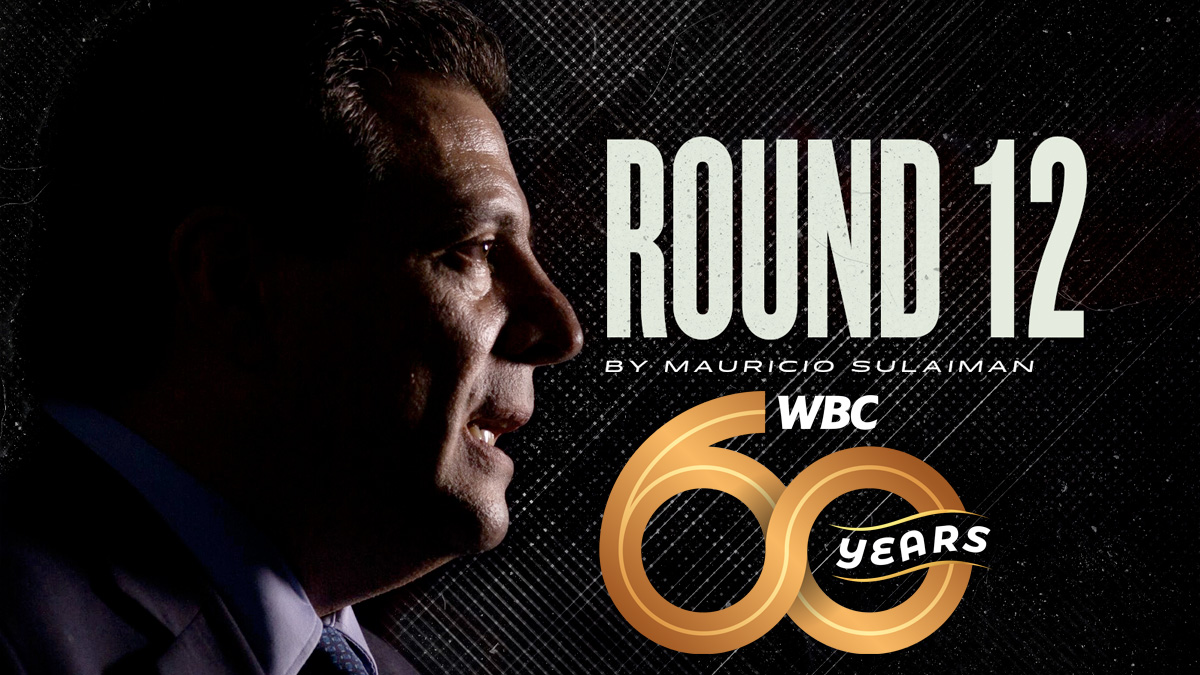 August 22, 2023 B Boxing is a unique sport, with a large number of particularities that make it so different from all the others. The vast majority of fighters, perhaps all, come from humble cradles with rocking obstacles to overcome ever since they can remember. They manage to escape from the demons of crime, addictions and other temptations that lurk in the darker enclaves of the street and when they find the boxing gym, they change their lives to at least have a chance of making something of themselves. 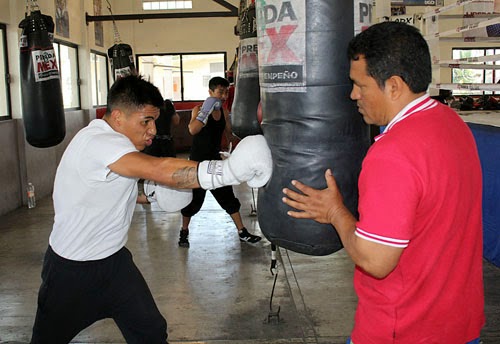 There are two types of boxing. One is amateur, whose objective is to learn, compete and if successful, seek a medal in the Olympic Games; or jump to the other model that is professional boxing, where you get paid to fight. 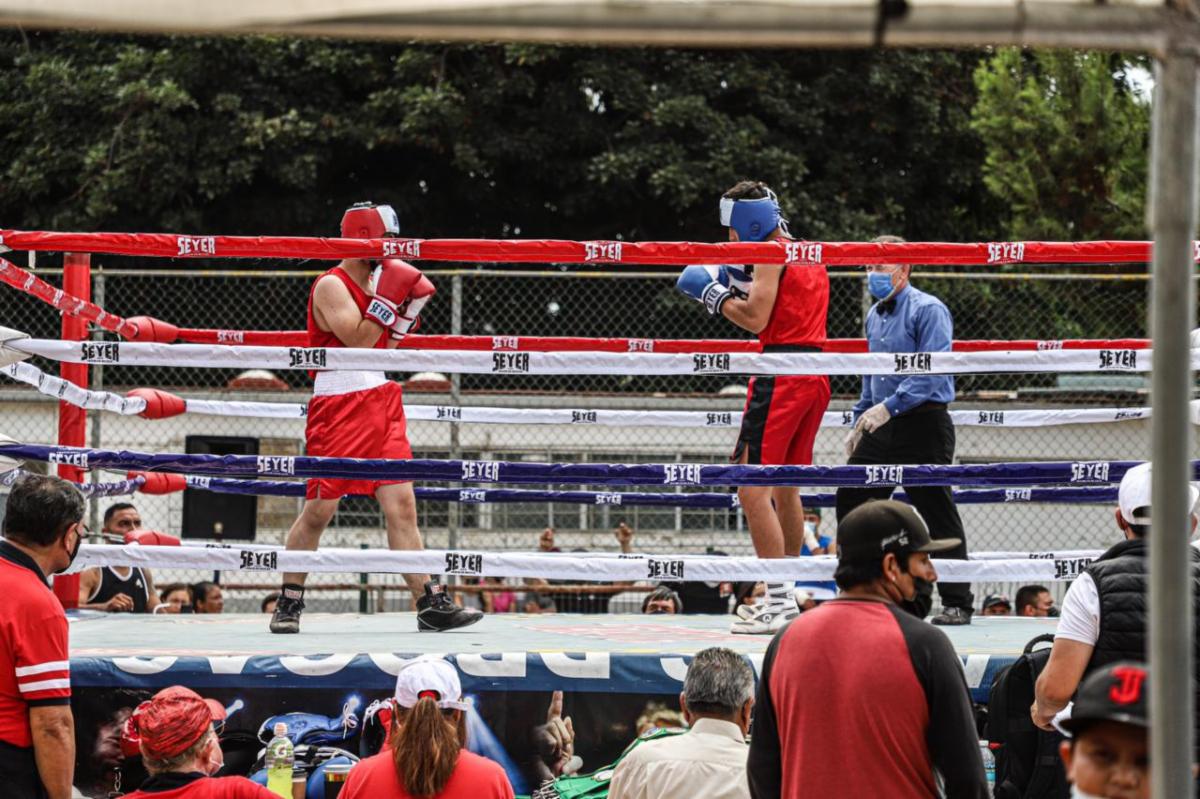 The professional starts with four-round fights and levels up to six, eight, 10, and the championship fights are 12 rounds. Normally, in the beginning, it is the same coach who manages to get fights for his fighter to participate in, and thus gain experience. Later the figure of the manager or agent appears, who signs the fighters, represents them, and gets them fights. Finally, there is the promoter, who is in charge of setting up the events, putting on a variety of fights, looking for people to attend and thus be able to recover their expenses. 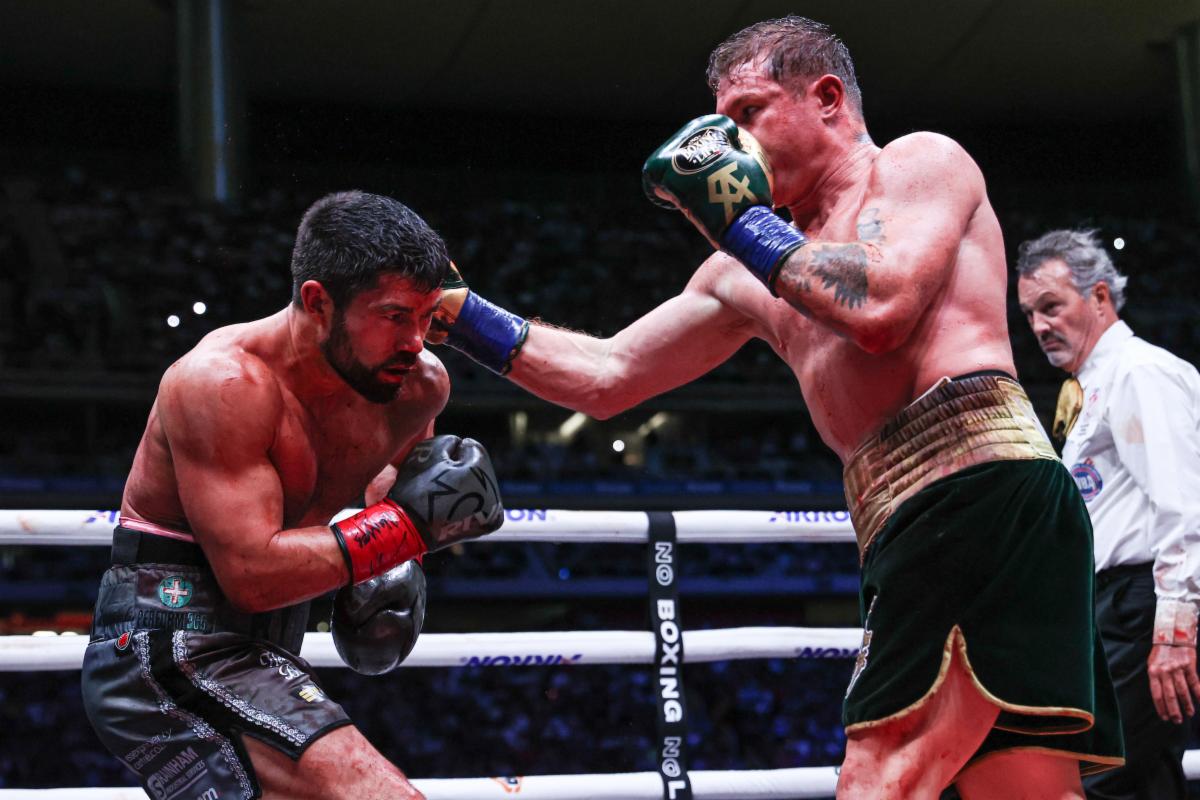 Without promoters there is no boxing. The vast majority of promoters lose money. It is extremely difficult to be a boxing promoter. It takes years to really develop the career of a fighter, to create interest in the fans for a fighter, to generate a fan base, to have credibility and to build a company, but at the end their passion keeps them active, looking to one day sign the next Floyd Mayweather Jr. or Canelo Álvarez. 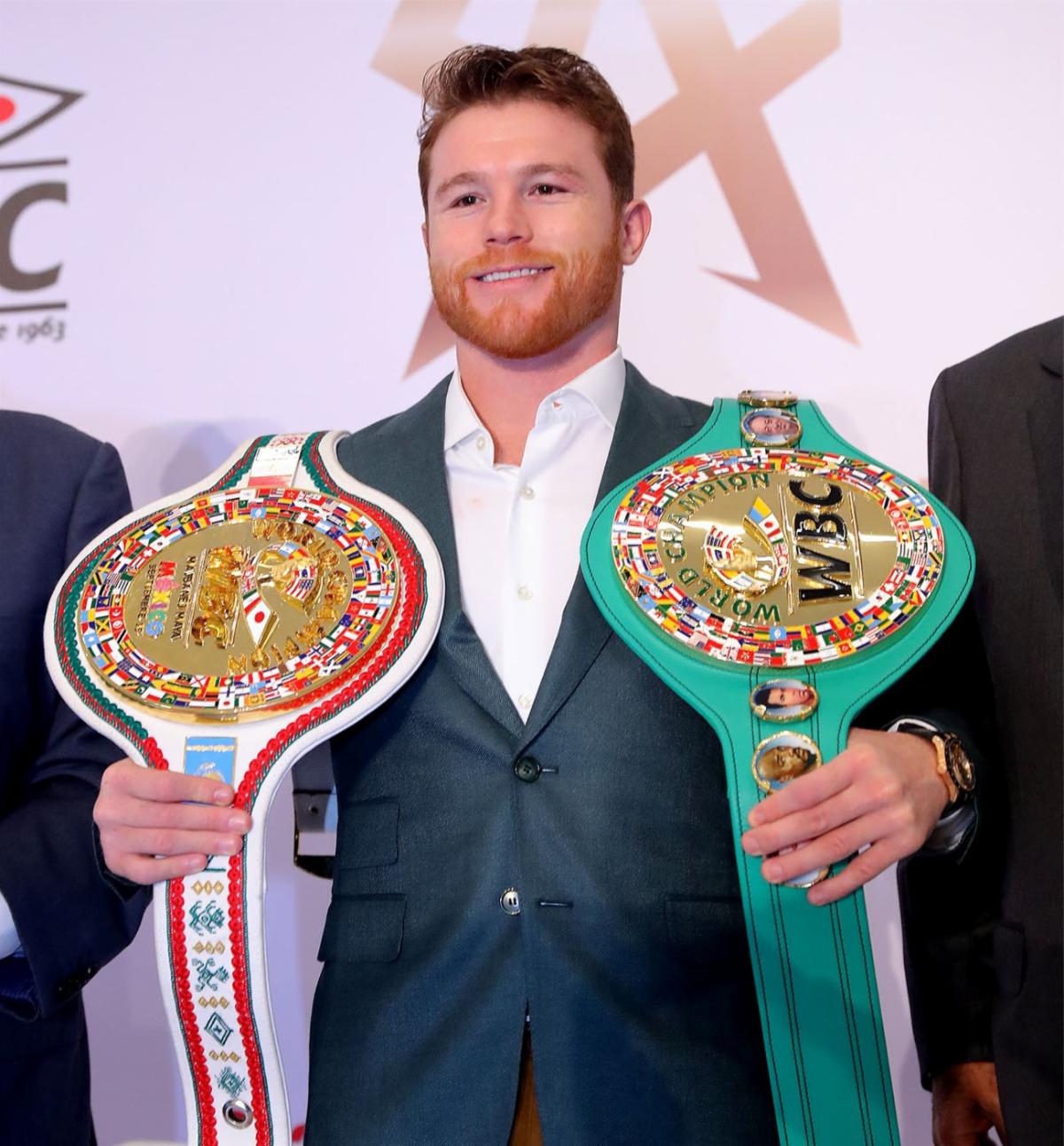 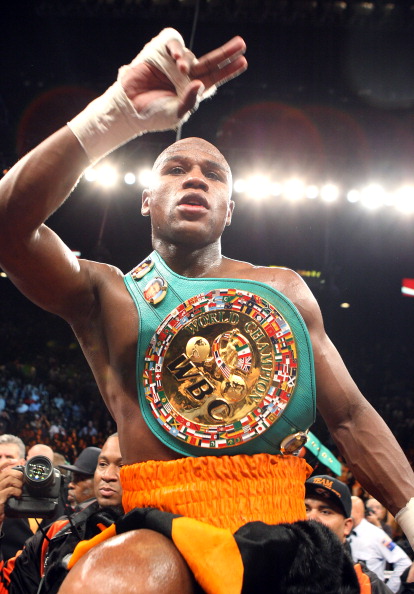 All the fights in the world are carried out under the supervision and sanction of the local boxing commissions. These entities regulate everything that has to do with the event: medical examinations, rules, weigh-ins, and proper administration of the regulations and event in general. There are countries that have only one regulatory entity. For example in the Philippines, GAB is the sole boxing administrator. Others have by state, as it happens in the USA, as each state and has its own commission and also, as in Mexico, commissions even at the city level! The World Boxing Council intervention, as a sanctioning organization, begins with championship fights. Initially they were only world championships, but in the 80s, regional championships began to be created by the WBC to achieve the better graduated progress of prospects, to prepare them to reach the World title level with greater possibilities of success: the International, Continental, Youth, and Latin American championships. In short, a number of regional titles have been created to improve the level of competition, learning curve, experience and the promotion of the sport throughout the world. 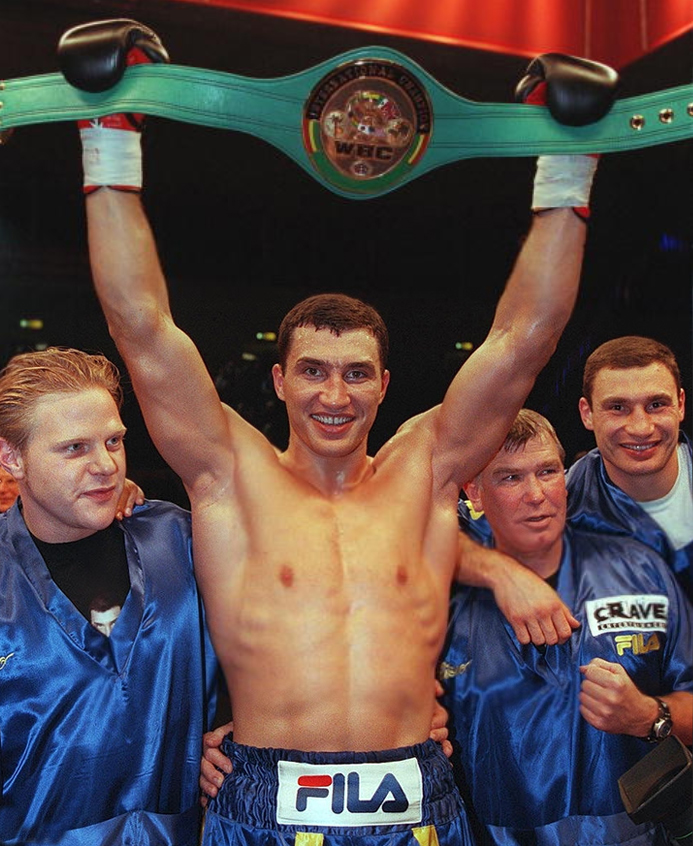 However, the WBC has taken a role of participating in many other aspects in addition to ranking and sanctioning title fights. Boxing was born as a wild, aggressive and brutal sport, and for centuries it did not have the slightest regulation or consideration for the boxer, the human being. Boxers were treated as if they were merchandise, without protection, and with cruel abuse even crossing to inhuman practices. The WBC was born looking to change the course of this great sport and in 1975, when my dear father, José Sulaimán, was elected president, it was there and then that he started a safety and consideration for the fighters revolution, to change the destiny of the sport, to make it safer and better even against vested interests of powerful groups. To fight against discrimination of any type and to battle against the abuse of power, with the great inspiration of two of his lifetime heroes, Muhammad Ali and Nelson Mandela. 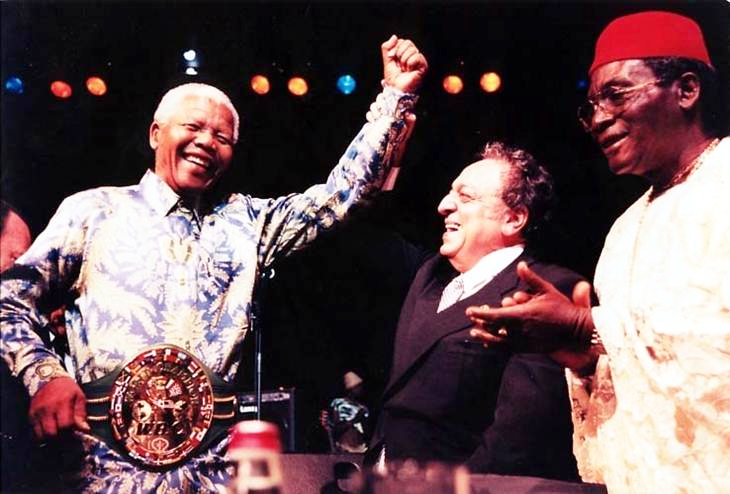 The WBC exists to watch over boxers before, during, and after their years in the ring – a guardian for all boxers who should no longer be a gladiator in an arena. A large number of studies and medical investigations, funded by the World Boxing Council, managed to provide precise, significant and vital scientific information to reach important conclusions. And that led the WBC to change many rules, which are the current rules worldwide. To name a few: reducing world championship fights from 15 to 12 rounds and international and regional title fights from 12 to 10 rounds. Perform the official weigh-in one day before the fight, instead of the same day of the fight, thus achieving total rehydration; implementation of mandatory specific medical exams; implementation of anti-doping tests. In short, a huge number of humane measures and rules that have changed the sport for the safer, saving many lives and improving the quality of life for everyone when they retire. No more shadow boxing with Twilight shadows! 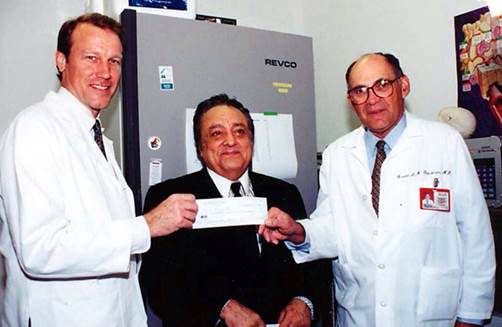 The boxer is noble, honorable, and so brave, with a big heart. They put their life and future in the hands of people they implicitly trust. First the trainer, who often becomes a father figure, then the manager or adviser and, finally, the promoter. These people and groups, in general, do a great job to project the career of the boxer. They care how he or she will fare. These are years of hard work, dreaming dreams, practically building careers a lot of sacrifice during every and in every way, inspired by team spirit. Eventually comes success, triumphs, the world championships to those of great talent plus hunger and unquenchable work ethic. And with it, fame, money, and inevitable temptations arrive in their lives. It is then that a new challenge for the fighter emerges. Friends, relatives, all kinds of sharp opportunists arrive looking to be part of the team with various grandiose proposals on how to improve everything. The luxuries begin to shine: jewelry, cars, luxury trips for the champion along with many accompanying new members of the team, who have now formed an entourage. Suddenly, the champions find themselves surrounded, enveloped, and encased by an impenetrable bubble filled only with those who provide the helium of entertainment, adulation, flattery and satisfaction.  It is time to definitely act and do something about this. We have spent many years designing and running pilot tests to meet this great need to help the boxer fathom these unpredictable, sometimes choppy waters, to steer a course, achieve education and timely training. To hang on to what they’ve strived so hard and long to accumulate. The main themes are, among others: · Financial education to promote savings, investment, payment of taxes and retirement plans. · Prevention of addictions, and effects of alcohol and drugs. · Family integration. · Basic legal principles, contracts, rights, and obligations. · Social responsibility as role models. I was very pleased to see that in the United States, a boxer’s committee was created. I saw their presentation at the last ABC convention, and we are going to work to invite them to participate with the WBC Champions’ Committee and thus look for more countries to form and establish said groups, so that the fighters have a haven to be able to identify points in the councils of ex-champions, concerns and doubts of current boxers, and thus address and achieve lines of action and representation. 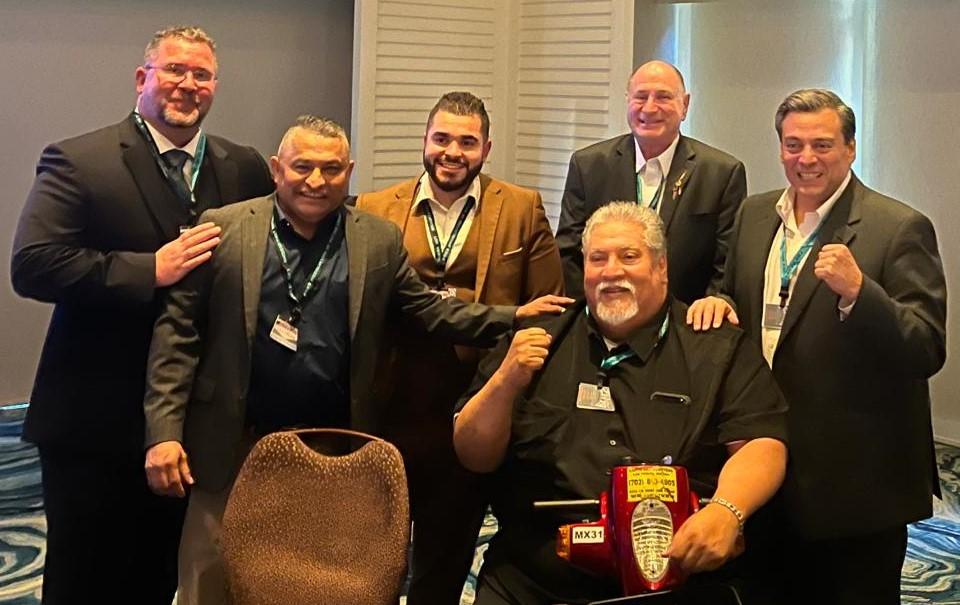 Did you know…? Boxing is the only sport in which the organizations like the WBC and boxing commissions have nothing to do with the business, unlike football, baseball, hockey, and basketball, where these leagues control television contracts, sale of franchises and sponsorships. But in boxing, it is the promoters who exclusively promote the events and the financial conditions of the sport. Today’s anecdote… My dad always worried about the boxer’s life after their path in the ring: “My son, they only know how to do their own thing, which is to fight, but that’s what happens in every aspect of life. In any business, company, or factory, the salesperson doesn’t know how to manufacture, the engineer doesn’t know finances. Each has their own expertise, and dedicate to do what they know.” He fretted: “The problem is that boxers do not always have the right people close to them who can properly advise them. On the contrary, it is very common for all kinds of opportunists to come to enjoy their money, travel on the bandwagon through all the days of glory … and then vanish.” I appreciate your feedback at contact@wbcboxing.com. |

